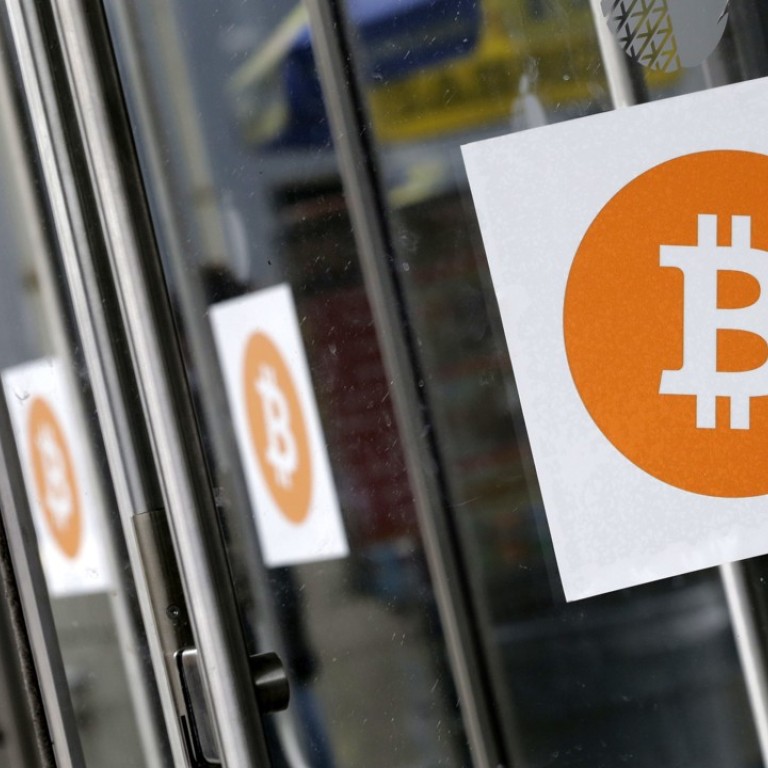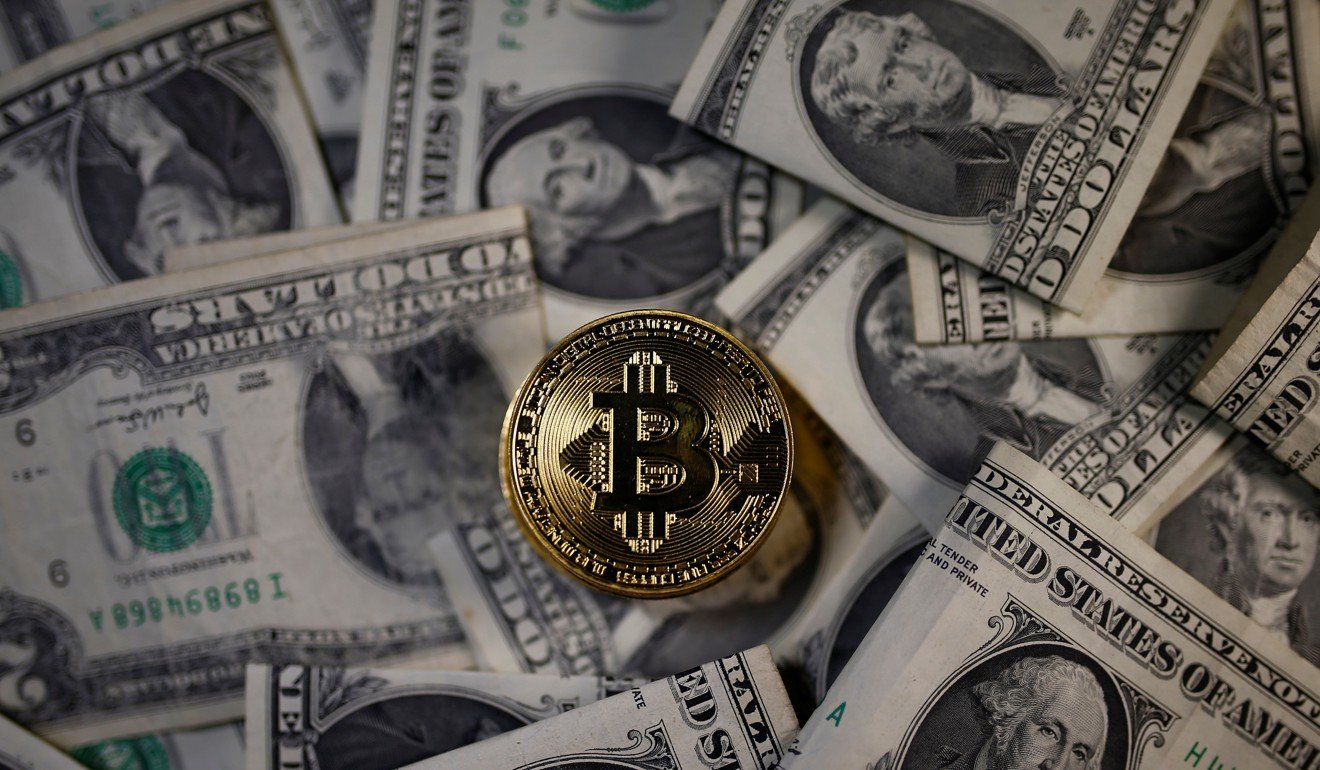
Why bitcoin fever is a bubble waiting to burst
Optimism is high with the price of the cryptocurrency up 1,438 per cent over the past 12 months, but the very factor enthusiasts like most about bitcoin is also one of its biggest drawbacks
To be right too early is to be wrong. In July 2013, with bitcoins trading at US$100 each, the South China Morning Post argued that “if they were to gain wider acceptance, their value would soar”. However, the paper went on to warn that “there is a fatal flaw with the whole concept” of bitcoins as money, which meant they “will never catch on”.
Well, since then bitcoins have caught on with a vengeance, and their value has indeed soared. Last week the price of the cryptocurrency jumped to a high of US$11,434, up a spectacular 1,438 per cent over the previous 12 months, as hundreds of thousands of new users rushed to open bitcoin accounts.
Yet despite the electronic currency’s ballooning popularity, the criticisms the Post made back in 2013 are still valid, and in the intervening years a few more failings have become apparent.
Don’t panic: why Chinese stocks will continue to rise
First off, it has to be said that the “blockchain” distributed ledger technology that underpins bitcoin is undeniably clever, and will no doubt find many applications over the coming years, especially in financial disintermediation.
WATCH: What is bitcoin and how does it work?
But the cleverness of the underlying technology doesn’t mean that bitcoin is viable as a form of money. And it certainly doesn’t mean that the legions of punters rushing to buy bitcoin as an investment for the future can be confident of earning superior returns, or indeed any returns at all.
Enthusiasts like bitcoins because their supply is limited. The pace at which bitcoin “miners” can create new units automatically declines over time, with the maximum possible number of bitcoins fixed at 21 million. To converts, that limit means that bitcoins, unlike the fiat currencies issued by the world’s central banks, can never be debased by governments intent on printing as much money as it takes to pay off their debts.
Is Hong Kong’s property bubble finally ready to burst?
Yet despite their scarcity, bitcoins possess no intrinsic value. Unlike hard commodities – copper, say, or even gold – bitcoins have no utility value. And unlike securities such as bonds or stocks, bitcoins do not carry the promise of a future cash flow that allows investors to put a hard figure on their value today.
Bitcoin enthusiasts argue that much the same can be said for fiat currencies. With interest rates around the world close to zero or even negative, conventional currencies also offer no income streams, and hence carry no real value. They are nothing more than an illusion, a confidence trick perpetrated by cynical governments on their gullible populations.
But that argument misses a crucial point. Fiat currencies do have an inherent value. The US dollar, for example, has value because the US government insists that Americans must pay their taxes in US dollars. And if they fail to pay their taxes, the US government will send them to jail (unless, of course, they are rich enough to employ expensive accountants and lawyers to devise legal tax dodges). That threat creates an underlying demand for US dollars which lends the currency a real value.

Without similar backing from a government, bitcoin lacks any inherent value. Yet even if it were to win the status of legal tender, bitcoin would still have critical drawbacks. In particular, the very factor that enthusiasts like most about the cryptocurrency – its limited supply – ensures it will never replace conventional currencies as a widely-used form of money. That is because if the supply of a currency is limited, and the quantity of goods and services in the economy grows, it follows that the price of those goods and services in that currency must fall. And if prices are falling, businesspeople become increasingly reluctant to borrow to invest, because they would have to sell ever more stuff to service their debt. But with falling prices, customers defer their purchases, which means selling stuff gets ever harder.
The real reason China’s central banker is ringing the alarm
In short, the widespread adoption of bitcoin as a means of exchange, unit of account and store of value would depress demand and discourage investment, leading to economic stagnation and a rising real burden of debt. It would be a disaster.
WATCH: Is this goodbye, bitcoin?
Bitcoin could still have a useful future as a specialist means of exchange for internet transactions. However, no one is currently using it for that purpose. Instead it has become a vehicle purely for momentum-based speculation. But with no intrinsic value to support prices, and with alternative cryptocurrencies springing up by the hundred and threatening to negate the very scarcity that is touted as bitcoin’s chief virtue, the bubble that last week propelled the price of bitcoins to a record high is clearly unsustainable.
At some point it must burst. Today the combined value of all the 16.7 million bitcoins in existence is US$160 billion, with the total capitalisation of the cryptocurrency universe some US$287 billion. Tomorrow it could be zero. ■
Tom Holland is a former SCMP staffer, who has been writing about Asian affairs for more than 20 years

